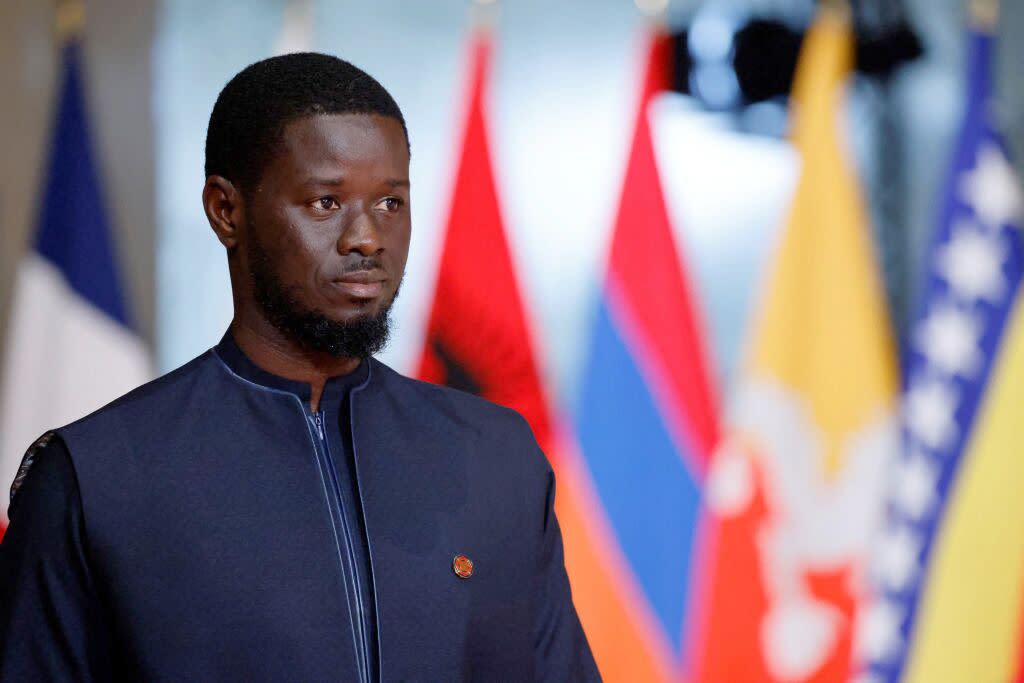
Senegal’s president will have to deal with a budget problem after a likely win in parliament
President Bassirou Diomaye Faye’s Pastef party is expected to win a clear majority in Senegal’s legislative election. This would allow him to carry out his ambitious 25-year plan, though his first task will be to create a budget while the country is in an economic crisis.
Faye wanted a clear majority in parliament in Sunday’s vote so that he could carry out the reforms that helped him win a landslide election in March.
Analysts say it will be hard for him to make a budget that meets the needs of both his voters and the International Monetary Fund (IMF), with whom his government is currently in talks.
On Monday, former president Macky Sall, who led an alliance of opposition parties, praised Pastef’s victory. Other party leaders, including former prime minister Amadou Ba, who ran against Faye for president, also said they were sorry they lost.
Tradeweb data showed that the price of Senegal’s national debt went up on Monday, while the prices of notes from most other African countries went down. Before 11:45 GMT, the yield on its 2033 dollar bond was about 10 basis points higher, at 9.28%.
According to Wendyam Lankoande, a consultant at Africa Practice, Pastef’s win could make it easier to pass budgets and put its programmatic changes into action if it is approved by the voters.
He said, though, that voters are “looking for quick solutions to unemployment, rising cost of living, and limited reach of public services in remote rural areas in the hinterland” .
In September, a government audit showed that Senegal had a lot more debt and a bigger budget gap than the previous government had said. An IMF program worth $1.9 billion that was agreed upon in June 2023 has been put on hold.
Talks with the IMF about starting payments again could last until the middle of 2025.
According to Leeuwner Esterhuysen, a senior economist at Oxford Economics Africa, Pastef’s victory is a good thing because it makes it possible for President Faye and Prime Minister Ousmane Sonko to start working on a budget for 2025 that meets most of the IMF’s standards.
“That said, some of these requirements won’t necessarily go down well with Senegalese citizens.”
He said that since the Fund seems to get along well with the new government, it would probably be lenient.
“We think the government may be able to delay the implementation of harsh measures such as removing VAT exemptions on farming inputs or increasing household electricity prices, while energy subsidies will be phased out gradually to limit the impact on consumers,” Esterhuysen added.
All Categories
Recent Posts
Tags
+13162306000
zoneyetu@yahoo.com



